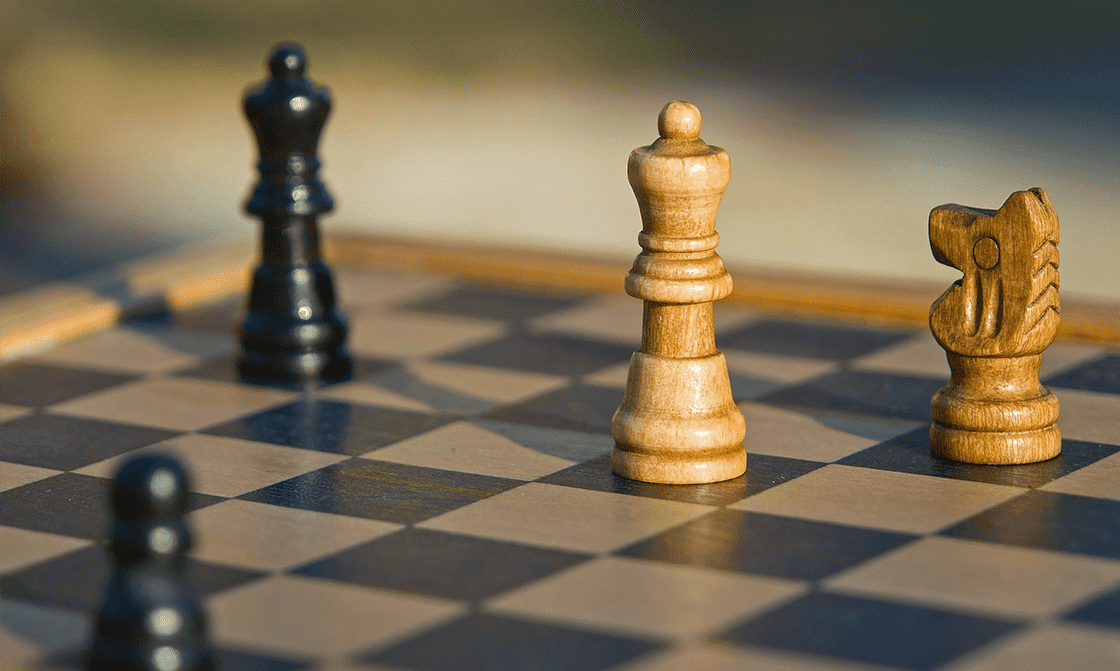Competitive chess is more than just a battle of wits—it’s a test of patience, strategic thinking, and emotional resilience. For children, learning to navigate wins and losses in chess can provide valuable life lessons in perseverance and coping with stress. As parents, you play a crucial role in guiding your child through the highs and lows of the game, helping them develop mental toughness and emotional intelligence.
Why Resilience Matters in Chess and Life
Resilience—the ability to bounce back from setbacks—is essential for success in chess and beyond. Studies in child psychology indicate that resilience is a key predictor of success in academic and professional fields. Whether it’s losing a crucial match, facing a difficult opponent, or dealing with unexpected blunders, chess teaches children to accept challenges and keep moving forward. These experiences help build:
- Emotional Strength: Learning to manage disappointment and frustration, much like athletes who train to handle losses.
- Growth Mindset: Seeing mistakes as learning opportunities rather than failures, a concept backed by educational research.
- Problem-Solving Skills: Developing strategies to improve performance under pressure, which enhances cognitive flexibility.
Also read, Is Your Child Ready for Chess Tournaments?
Strategies to Teach Resilience Through Chess

1. Normalize Losing as Part of Learning
Losing is inevitable in chess, but it doesn’t have to be discouraging. Encourage your child to analyse their games to understand what went wrong rather than focusing solely on the defeat. Emphasise that even grandmasters lose games and learn from them. Research suggests that analysing mistakes fosters deeper learning and retention.
2. Encourage a Positive Mindset
Instead of saying, “You lost,” try, “What did you learn from this game?” Shifting the focus from winning to improving helps children stay motivated and view challenges constructively. Studies on mindset psychology show that reframing failure as an opportunity leads to greater persistence.
3. Teach Emotional Regulation
Deep breathing exercises, mindfulness techniques, and positive self-talk can help children manage their emotions during tense moments. Encourage them to take a few deep breaths before making critical moves to stay calm and focused. Research in sports psychology confirms that mindfulness practices improve chess performance and stress management.
4. Set Realistic Goals
Help your child set small, achievable goals rather than focusing only on winning Chess tournaments. Goals like “I want to improve my opening strategy” or “I’ll stay focused throughout the entire game” foster a sense of progress and accomplishment. Studies have shown that goal-setting enhances motivation and self-efficacy.
Also read, Guidance on Managing Chess, Academics, and Extracurricular Activities: A Parent’s Guide
5. Emphasize the Journey, Not Just the Outcome
Winning is rewarding, but the process of growth and improvement is even more valuable. Celebrate effort, strategy, and perseverance over trophies and rankings. Psychological research supports the idea that intrinsic motivation leads to sustained engagement in activities.
Supporting Your Child as a Parent
As a parent, your reactions to your child’s chess experiences significantly shape their emotional resilience. Here’s how you can be a positive influence:
- Be an Encouraging Support System: Show interest in their progress and praise their efforts rather than just their wins. Case studies in child development show that parental support fosters resilience.
- Avoid Overemphasis on Results: Pressure to win can cause stress and diminish enjoyment. Instead, focus on how they played and what they learned. Research in youth sports highlights the negative impact of performance pressure.
- Model Resilience: Share stories of your own challenges and how you overcame them to inspire perseverance. Children often emulate parental attitudes toward failure and resilience.
Final Thoughts
Chess is a powerful tool for teaching children how to handle setbacks, manage stress, and develop resilience. Additionally, it enhances concentration, improves problem-solving skills, and fosters patience, all of which contribute to overall cognitive and emotional development. By fostering a growth mindset and providing emotional support, parents can help their children turn chess into a lifelong teacher—not just of strategy, but of strength, patience, and adaptability. The lessons learnt on the chessboard chess setup will serve them well in all aspects of life, preparing them for future challenges with confidence and grace.


Recent Comments